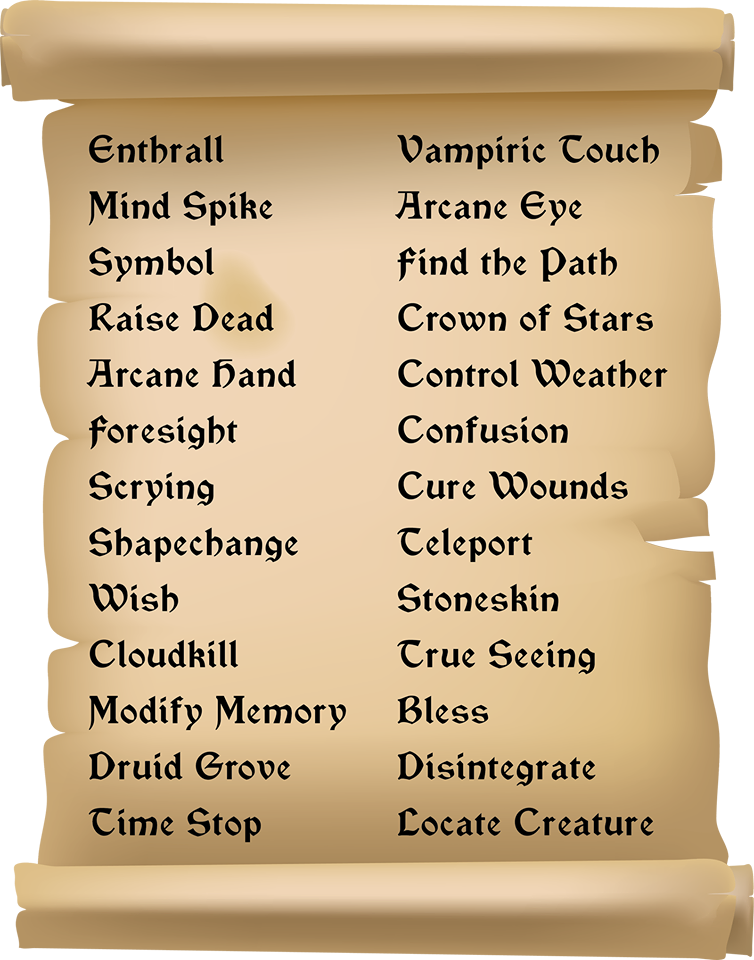

In towns, NPCs stand in perpetuity with nary a pretence of a daily routine as they remain rooted to the spot and steadfast in their purpose of doling out quests, sharing local gossip or offering some service or trade to your motley band of adventurers. Loot-stuffed chests sit ripe for the plunder in the middle of field and forest, even as brigands, manticores and elementals patiently await your arrival in dungeons all across the Agyn Peninsula.

A great deal of the joy to be found in Might & Magic 10: Legacy, then, comes from the gentle fostering of this suck-it-and-see approach and revelling in its egocentricity. Legacy also dispenses with certain narrative niceties that the genre has become preoccupied with - like why, in a town full of retired heroes, nobody has seen their way to venturing down the well to deal with the giant spider infestation - instead focusing on placing your band of four adventurers front and centre of every problem to be solved and menace to be thwacked. The option to apply retro pixellation is cute but results in a strained squint and turn of the head to make out indistinct splodges of colour in the distance. Instead, it bids you to explore and to poke its fierce-looking fauna with a stick to see what manner of numbers pop out of its head - and whether those it elicits from your adventurers in return are too large to be successfully managed in a turn-based battle to the death. It rarely deigns to hold your hand or artificially cordon off areas of its largely open world that might be too tough for your low-level adventurers. With its grid-based, first-person movement and turn-based combat, Legacy is not only unapologetically old-school but gleefully so. Taking as its basis the form, structure and events of Might & Magic 6, Legacy is Limbic's attempt to pay homage to the golden age of the western RPG by harking back to its renaissance period. It is from these roots that Ubisoft and Limbic Entertainment's Might & Magic 10: Legacy has grown. Nonetheless, many of these projects carry with them a sense of history being preserved and remembered a feeling of heritage shared between different generations of likeminded people. This has resulted in as much navel-gazing as it has productive introspection, and so for every successful reimagining of a treasured slice of history, there's a franchise reboot or crowd-funded revival whose merits and miscues can be debated ad infinitum.

Over the last few years, video games have quietly arrived at a hallowed place where creators - be they hobbyists or fully-fledged professional developers - have begun to look not to motion pictures and literature for inspiration, but to the medium's own history.


 0 kommentar(er)
0 kommentar(er)
